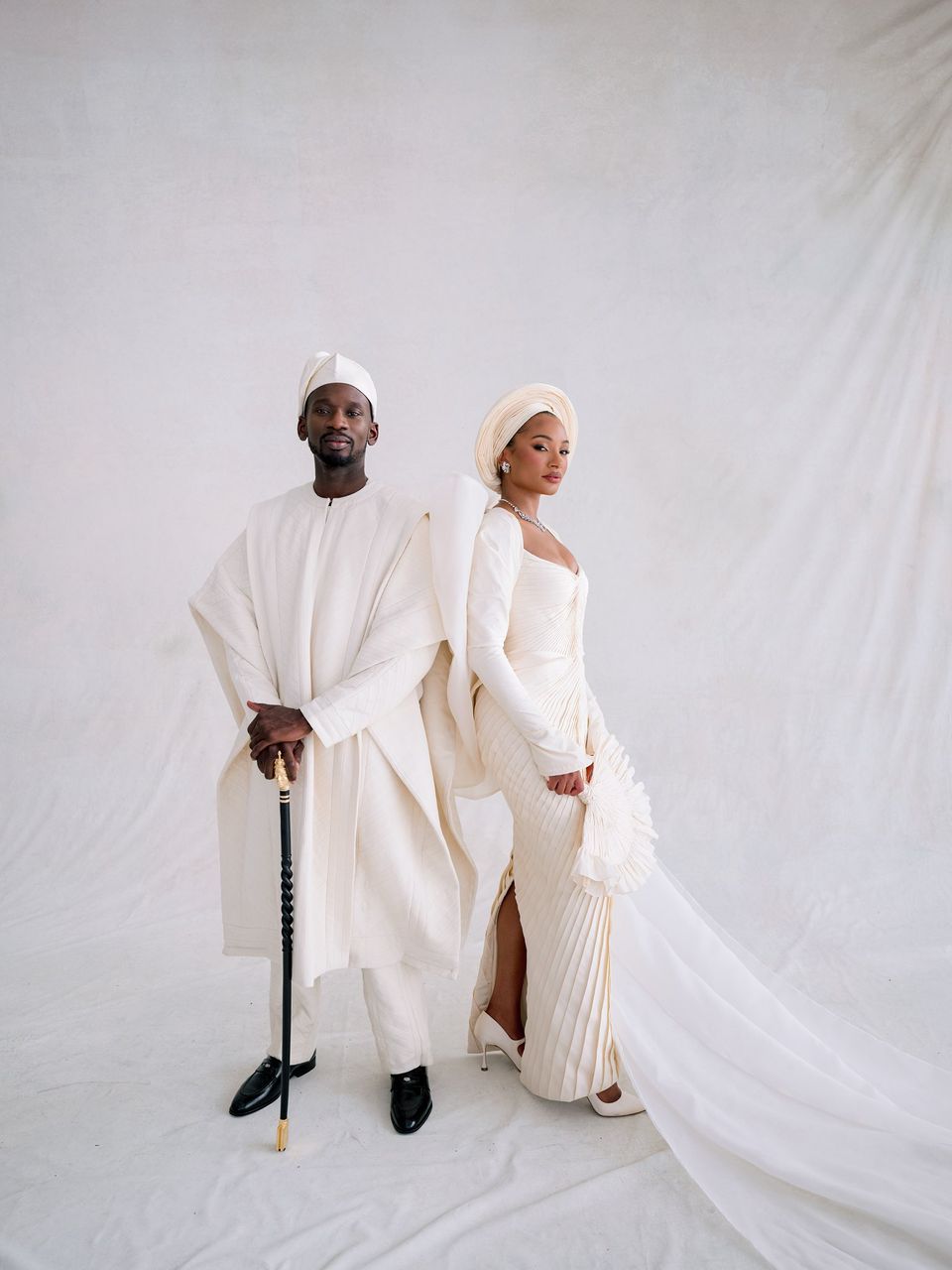When Nigerian billionaire Femi Otedola’s daughter, Temi, tied the knot with Afrobeats star Oluwatosin Ajibade, better known as Mr Eazi, the celebrations weren’t just personal; they became a cultural moment. Spread across three locations in Monaco, Dubai, and Iceland and carrying a price tag of an estimated $15 million, the wedding instantly claimed the title of the most expensive Nigerian wedding ever. It wasn’t just about opulence but about the convergence of wealth, music, fashion, and family legacy.
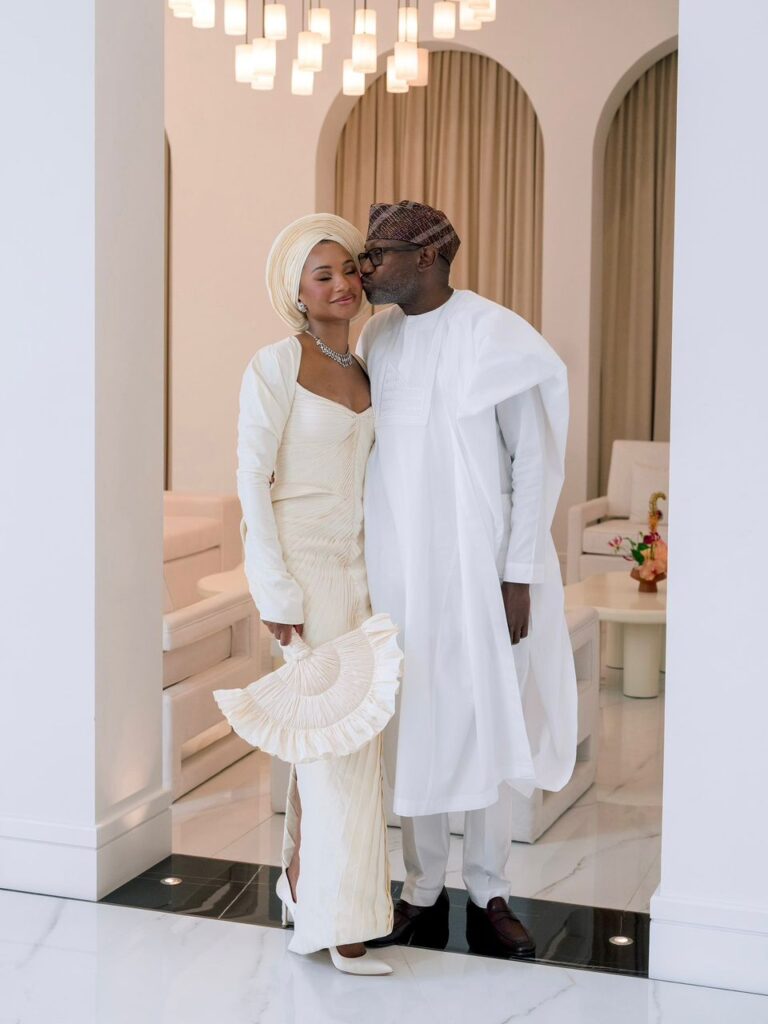
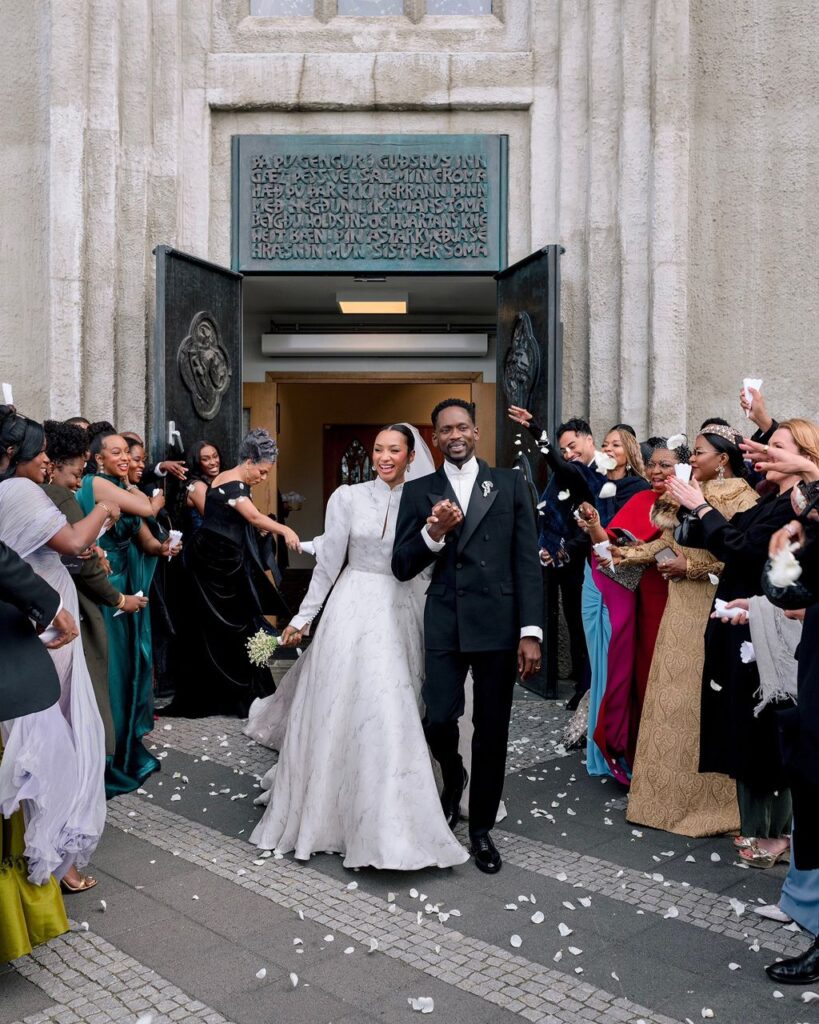
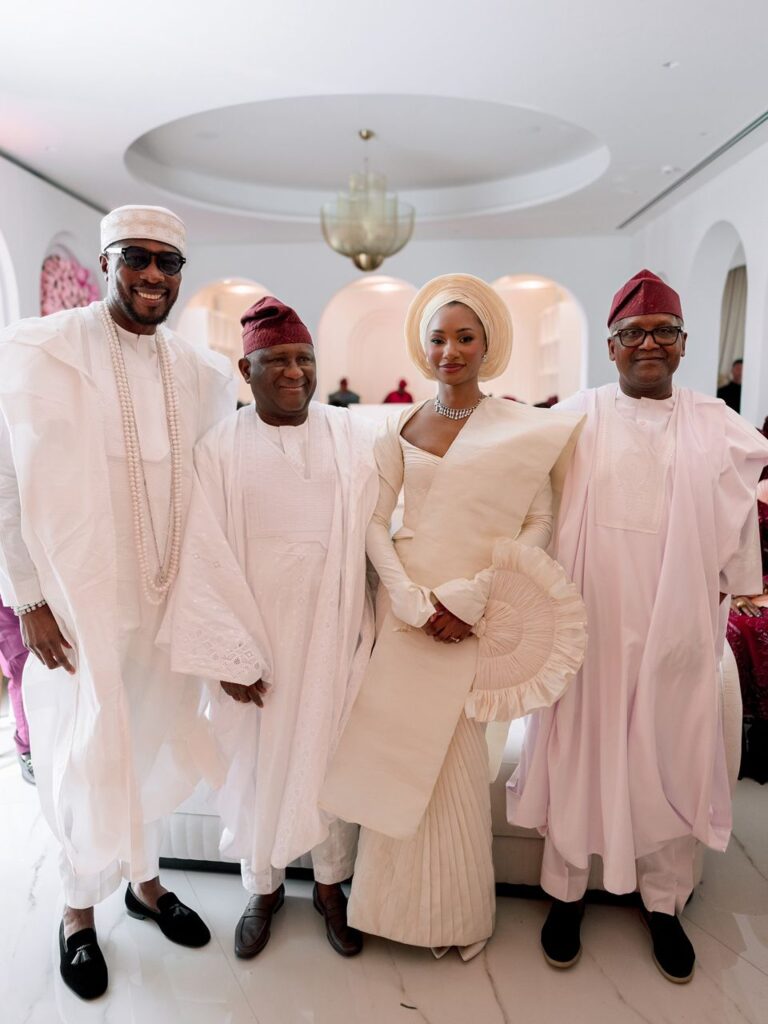
At the heart of this story is Femi Otedola, energy magnate and philanthropist, whose net worth Forbes currently pegs in the billions. Known for his flair for luxury, Otedola ensured his daughter’s wedding matched his global standing. He bankrolled the trilogy of ceremonies with precision: a Monaco chapter that embraced the Riviera’s glamour, a Dubai event that highlighted Middle Eastern grandeur, and an Icelandic finale that blended intimacy with Nordic majesty.
Otedola’s role went beyond paying the bills. For him, this was a statement: that Nigerian celebrations can rival and even surpass the most expensive weddings anywhere in the world. In hosting a $15 million spectacle, Otedola placed Nigeria’s elite lifestyle on the global stage, signaling that the African billionaire class is unafraid of grand gestures.
For Temi, a fashion influencer and actress, the wedding was her runway, and she treated it as such. She reportedly wore multiple outfits sourced from Paris, New York, and Lagos, but the standout piece was her custom Fendi wedding gown valued at $250,000 (₦383 million). Every stitch, bead, and veil was a showcase of haute couture elegance.
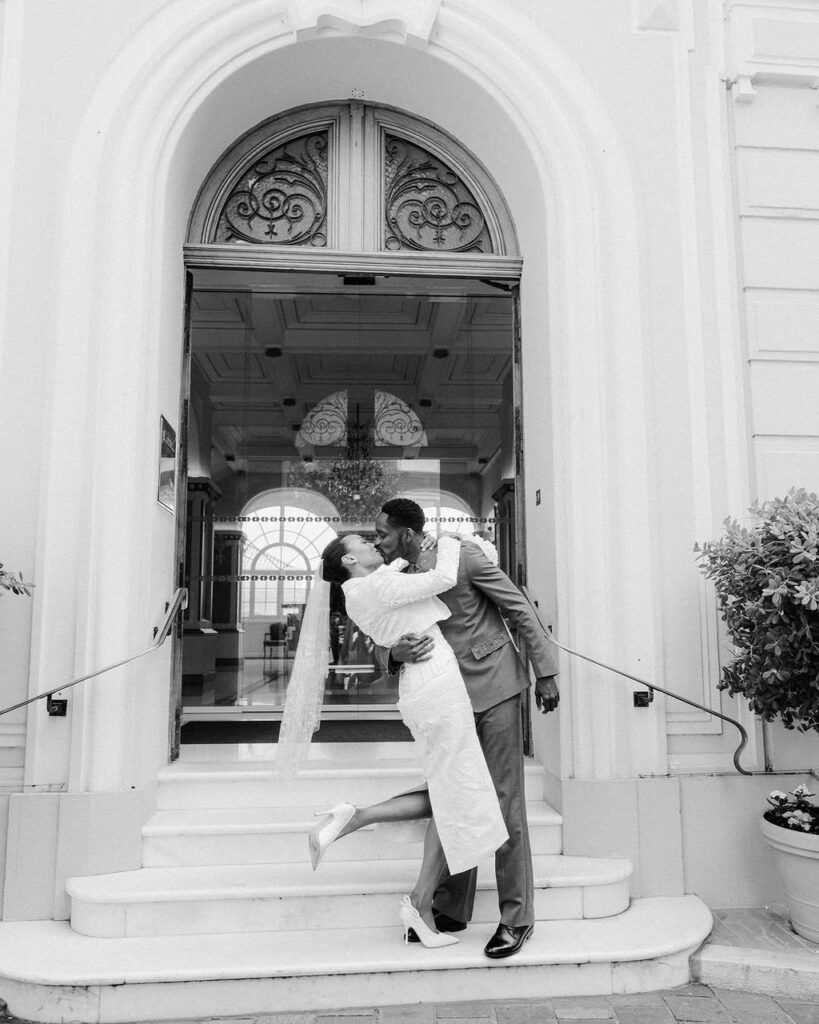
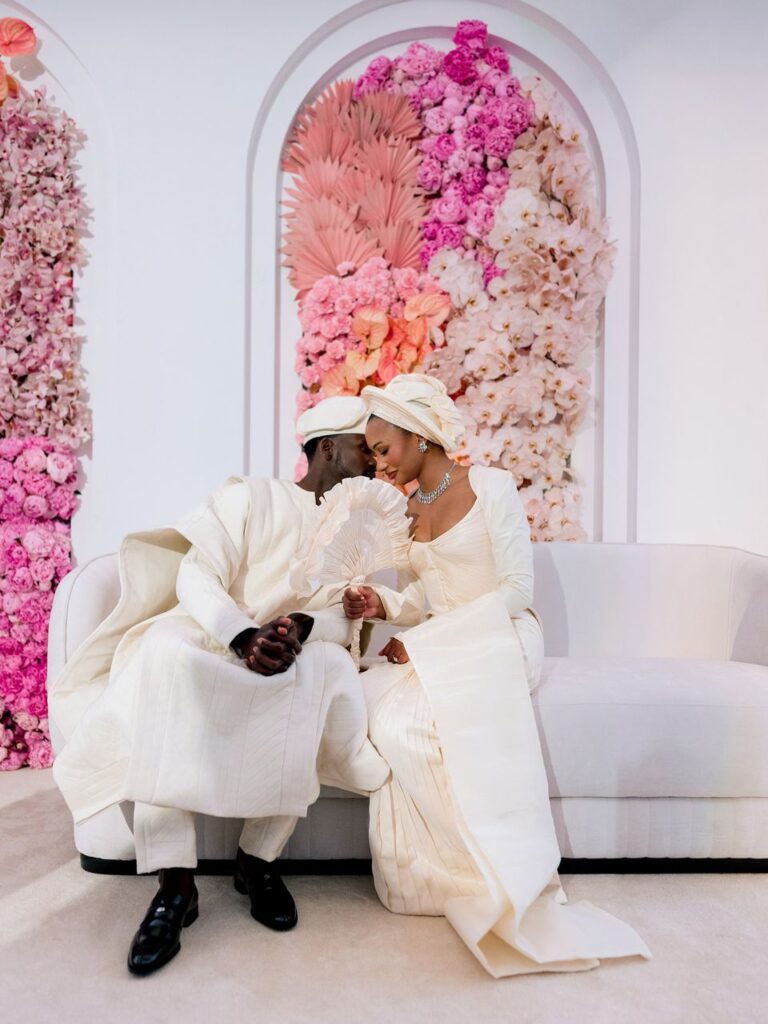
Temi’s fashion choices were more than just clothing, they were a bridge between her personal brand and her father’s wealth. As an ambassador for global style houses and a voice in Nigerian cinema, her wedding wardrobe cemented her as a fashion icon. If Femi supplied the capital, Temi supplied the aesthetics that made the event a social media sensation.
Mr Eazi, one of Afrobeats’ most bankable names, brought cultural capital to the wedding. His music has earned global acclaim, with collaborations alongside Beyoncé, J Balvin, and Major Lazer. Yet in interviews, he revealed that even at his commercial peak, music alone could not have funded this kind of extravaganza. “U think sey music go fit pay for that wedding my G? lol,” he joked online, underscoring the scale of the spending.
To add colour to the wedding, the event was graced with some of the world’s most talented, from traditional Nigerian highlife legends like King Sunny Ade to international stars such as Diplo and John Legend, the entertainment roster was as global as Eazi’s discography.
A wedding of this magnitude is incomplete without its witnesses. The guest list reportedly featured Nigeria’s corporate titans, political heavyweights, fashion icons, and global celebrities. The logistics were immense: private jets, luxury accommodations, and immersive experiences tailored for hundreds of invitees across three locations. Each guest didn’t just attend a wedding; they participated in a choreographed festival of wealth and prestige.
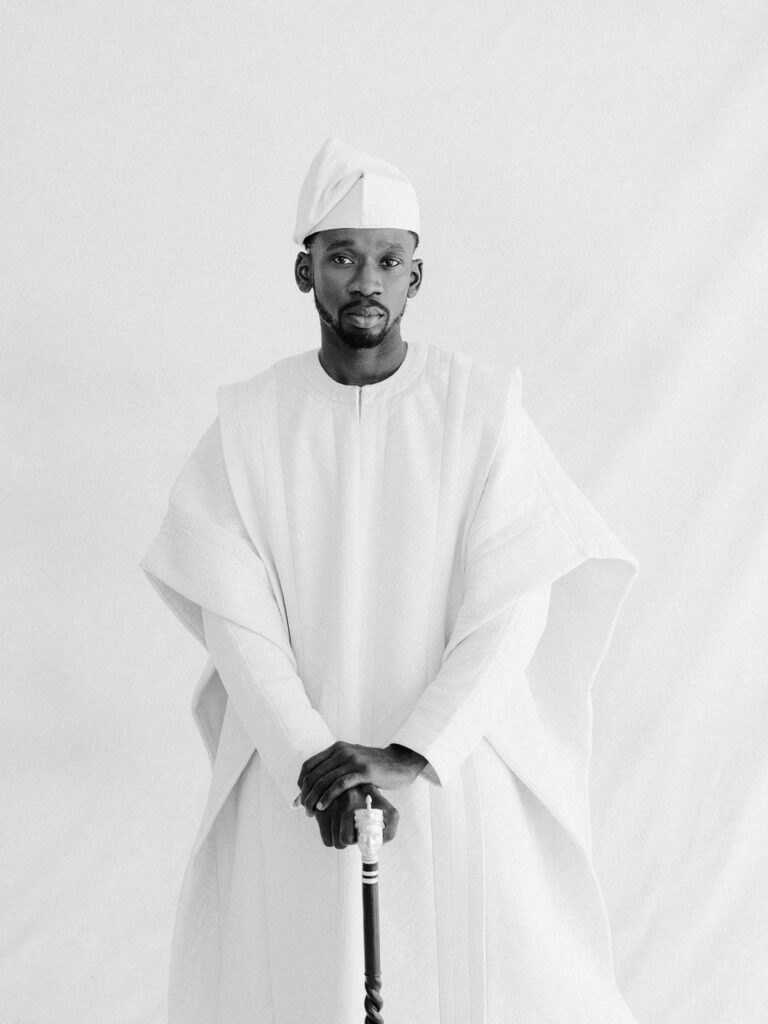
The Monaco event leaned into exclusivity, Dubai emphasized spectacle with desert luxury, while Iceland provided serenity and contrast. Guests moved seamlessly through these transitions, a testament to world-class planning.
Beyond the family and guests, the actors behind the scenes (event planners, fashion designers, caterers, jewelers, and entertainers) collectively made this possible. International couture houses designed gowns and suits, Michelin-grade chefs curated menus, while luxury hotels and private aviation firms handled accommodation and transport.
The financial breakdown speaks volumes:
Ceremony trilogy across three countries – ~$14 million in logistics, venue rentals, accommodation, and flights.
Couture outfits – ~$500,000 collectively, with the Fendi gown alone at $250,000.
Entertainment – multimillion-dollar fees for performers, DJs, and orchestras.
Miscellaneous luxury add-ons – bespoke décor, jewelry, photography, and curated guest experiences.
Together, these elements explain how the wedding racked up its $15 million valuation.
For Nigeria, this wedding is more than a viral headline. It speaks to the intersection of oil wealth, Afrobeats culture, and fashion diplomacy. It showcased how a single family’s celebration can ripple into global news, reaffirming the country’s place in conversations about wealth, culture, and creativity.
It also invites critique: at a time when many Nigerians grapple with inflation and economic stress, the display of opulence provokes debate about inequality. Yet for admirers, it was proof that Nigeria’s elite can craft experiences that rival billionaires in Europe or the Middle East.
The Otedola–Eazi wedding was not just a union of two people, but of industries: energy, music, and fashion. Femi Otedola provided the financial scaffolding; Temi Otedola turned it into a couture showcase; Mr Eazi infused it with Afrobeats energy; and the guests validated it with their presence. Together, they staged a $15 million trilogy that has now become the benchmark for Nigerian luxury weddings, a story of love told in the language of wealth.
Samuel Aina

